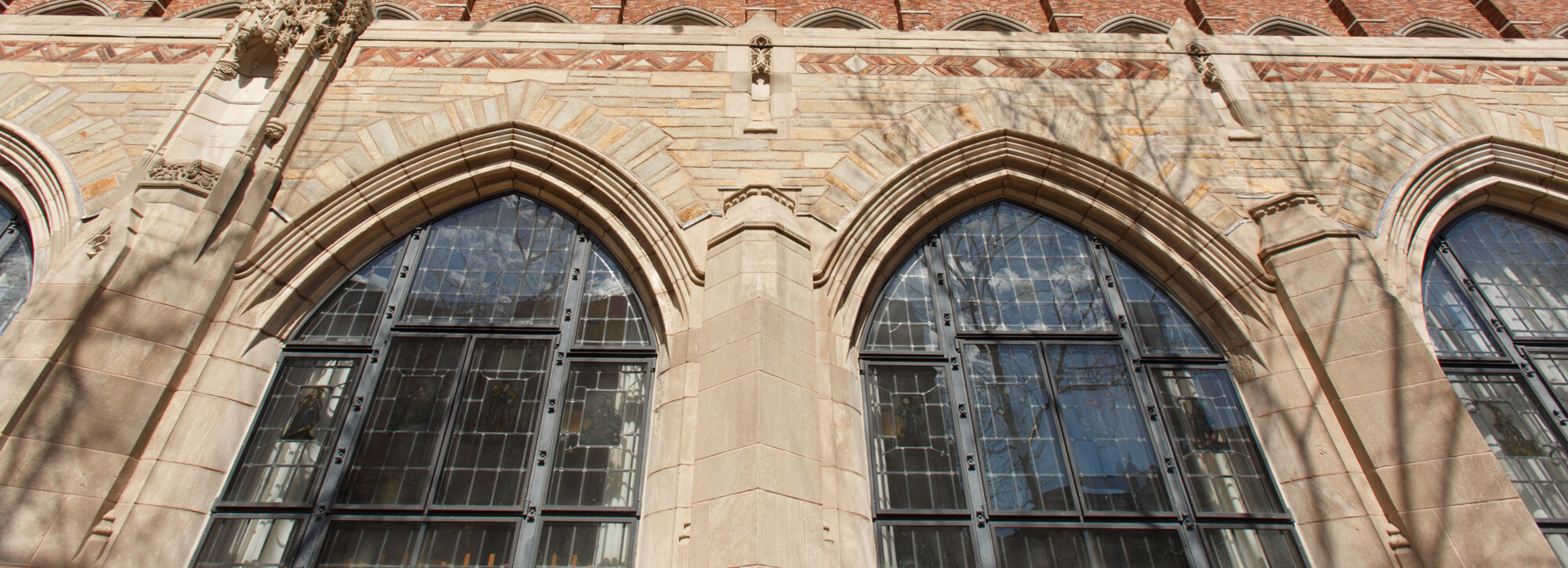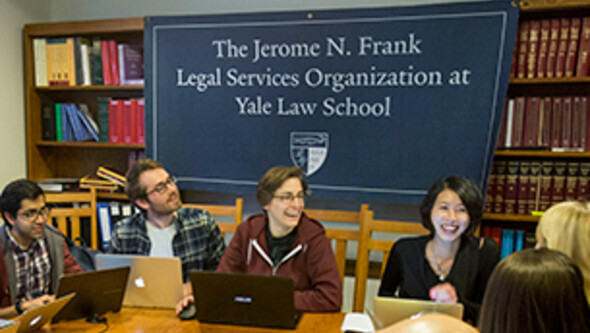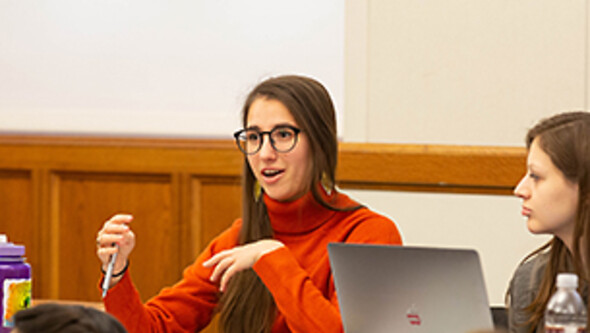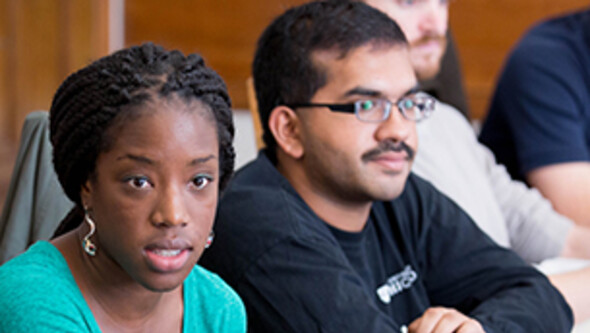Students in the Criminal Justice Advocacy Clinic (CJAC) represent individuals and organizations affected by the criminal legal system. The clinic docket consists of a mix of policy and community advocacy, direct representation, and impact litigation. Students may represent individuals in federal courts, state courts, and administrative proceedings. Students in this clinic may also engage in legislative or administrative advocacy at the local and state level.
CJAC exposes students to various advocacy methods in criminal legal system reform, and employs a number of lawyering models in its pedagogy.
The work of the CJAC is supported by the Millstone Fund for Criminal Justice Reform.
Instructors
Cases
- Complaint
- Settlement Agreement
- Press Release: Class Action Against Federal Bureau of Prisons
- Press Release: Criminal Justice Advocacy Clinic Wins TRO Against Bureau of Prisons
- Press Release: CJAC Wins Speedy Release of Medically Vulnerable Individuals from Federal Prison in Danbury
Resources
Sentence Modification in Connecticut: A Guide for Those Navigating the §53a-39 Process
This guide details the 53a-39 sentence modification process, and includes information on gathering and organizing the materials necessary to create the most compelling petition possible. It outlines the ways in which supporters can be most helpful to a person seeking a sentence modification and provides the information, templates, and official forms necessary to navigate the sentence modification process.



